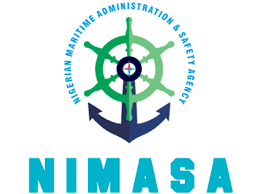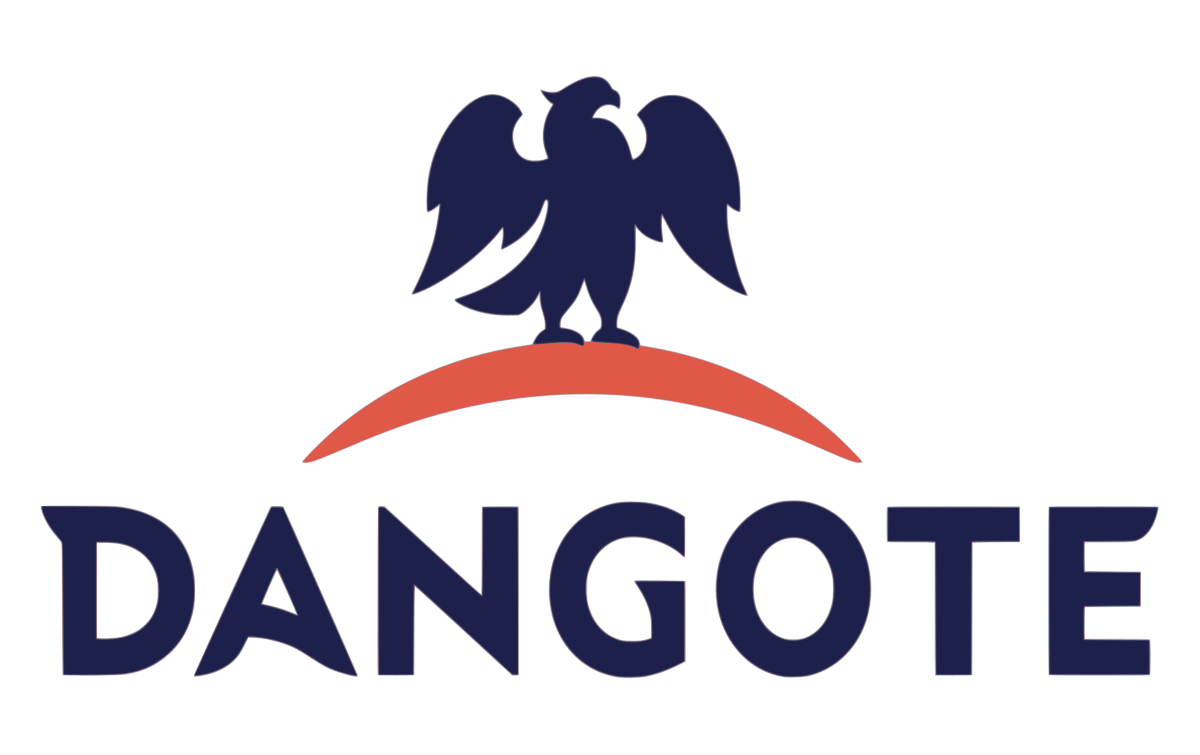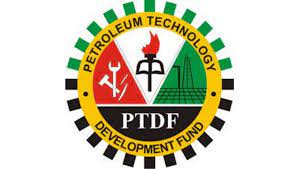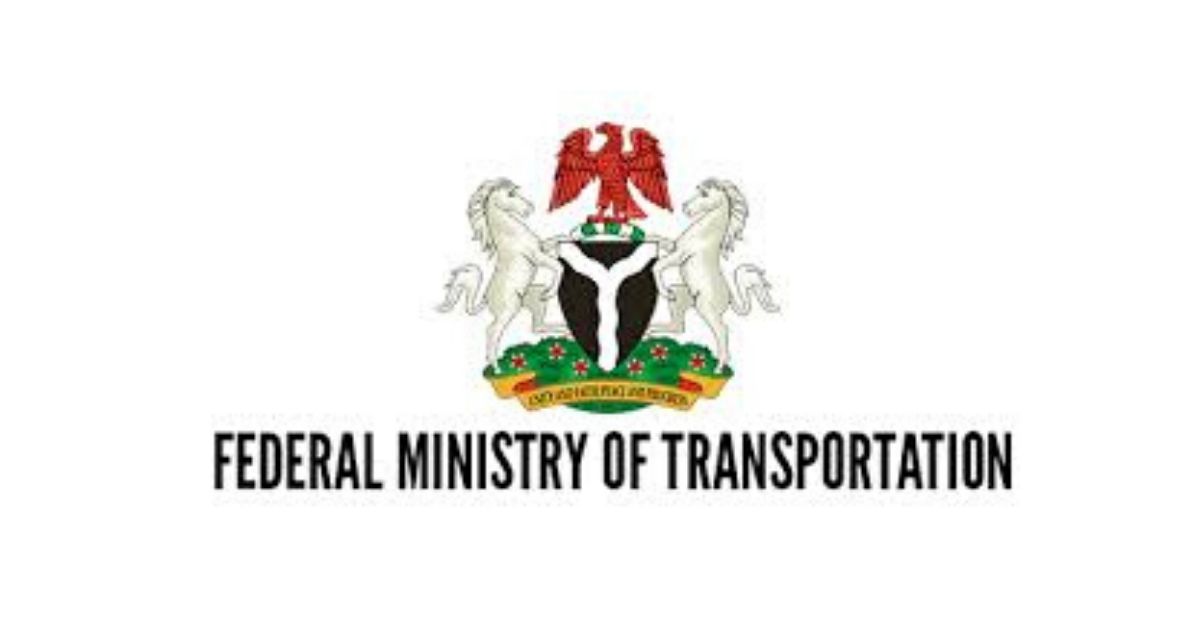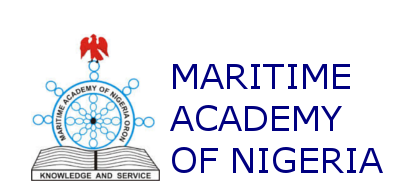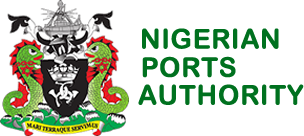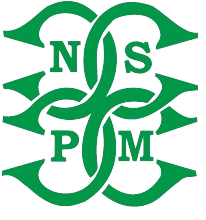Oil & Gas Industry (Downstream, Midstream & Upstream)
December 2, 2019 2023-11-29 14:08Oil & Gas Industry (Downstream, Midstream & Upstream)



This course is designed to help companies award the right contracts to the best providers.
Contracting involves many roles that must work together to negotiate,
document, and ensure a reliable supply of goods and services for capital projects
and ongoing operations. Everyone involved in contracting with suppliers and service
providers must understand the entire process, the keys to success, and what is required
of their role if contracts are to be effective in managing supply risks. Materials and
exercises in this course are specifically built around oil and gas industry issues.
Cost Control and Analysis in supply management in the Oil & Gas Industry
Managing and reducing cost continues to be one of the primary
focal points in oil and gas today. Maintaining a competitive
position and even survival will depend on the organization’s
ability to use all of the continuous improvement strategies that have
been developed to reduce cost across the entire supply chain for
the life of the product or service. Fundamental to developing and
implementing these strategies is knowledge of cost/price analysis,
value analysis, and total cost of ownership concepts.
• Importance of price/cost analysis in continuous improvement programs
• The difference between price and cost analysis
• Methods of price analysis
• How to manage volatile markets
• Use of Producer Price Indexes
• Methods of cost analysis
Effective Materials Management
This course covers practical considerations essential to achieve major
improvements in planning, buying, storing, and disposing of the vast array of
materials and spare parts needed in the oil and gas industry. Evolving best
practices by major oil and gas companies are explored under three inter-related
modules – inventory management, warehousing, and investment recovery.
• Setting comprehensive inventory goals and objectives
• Understanding carrying costs and economic order quantity theory
• Improving material identification and coding
• Segmenting inventory for analysis
• Using formal procedures for making the decision to stock
• Importance of price/cost analysis in continuous improvement programs
• The difference between price and cost analysis
• Methods of price analysis
• How to manage volatile markets
• Use of Producer Price Indexes
• Methods of cost analysis
Local Content Management in the Oil and Gas Industry
L ocal content is the development of local skills, oil and gas technology transfer,
and use of local manpower and local manufacturing. This training seminar
will discuss the business benefits of developing the primary components of
a local content strategy, including building local workforce and supplier capacity,
integrating local content with business plans and successfully monitoring the
programmes.
The training will equip you with the understanding and delivering local content in
relation to oil and gas projects.
This training will highlight:
• Key-factors in the local content provisions
• Exploring a number of themes, including skills development programmes and
local content performance management
• Identify and assess the impact of local content provisions over the execution
of an oil field development project
• Overview of the contracting process
• Key issues in forming a contract in the oil and gas industry
• Establishing risk management priorities throughout the contracting process
• The legal environment and best use of legal counsel in contracting
• Avoiding and managing contract disputes in a challenging industry
• Importance of price/cost analysis in continuous improvement programs
• The difference between price and cost analysis
• Methods of price analysis
• How to manage volatile markets
• Use of Producer Price Indexes
• Methods of cost analysis
Petroleum Finance & Accounting Principles
The aim of this course is to improve delegates’ job performance by enhancing
their understanding of current international practices in finance and
accounting within the E&P industry. This is achieved through an examination
of (a) accounting standards, policies, and practices in the oil and gas industry, and
(b) the accounting and financial management implications of exploring for and
producing oil and gas. An understanding of accounting also allows a company to
trace a competitor’s actions from its financial statements and to plan accordingly
Participants will learn how to: Apply basic concepts and terminology for accounting
and finance in oil and gas
• Financial terms and definitions, the language of business; accounting rules,
standards, and policies
• Constructing the basic financial statements
• Classifying revenues, assets, liabilities, and equity
• Comparing different accounting elements
• Accounting for joint operations
• Accounting and reporting
Managing Project Risk in the oil and Gas Industry
This training course will take delegates through a real-life Oil & Gas project as a
case-study, working with the case-study to develop and evaluate using industry
best-practice tools. This method will provide a real insight into the challenges,
and strengths that a positive Risk Management process can provide in such an uncertain
industry.
At the end of this training course, participants will:
• Develop key risk management competencies such as developing an appropriate
risk process for an organisation in the oil & gas Industry
• Understand the key roles, responsibilities and activities associated with
project risk management
• Understand how best to apply appropriate tools and techniques to optimise
risk management for your projects
Upstream Petroleum Contract Accounting & Auditing
This course provides in-depth information on the types of
upstream petroleum contracts and what their differences are
and what are the main contractual terms participants need to
know in order to fully understand all types of Upstream Petroleum
Contracts. This course will also develop the essential skills
necessary to prepare and evaluate Upstream Petroleum Accounts
and to improve the organization’s internal audit function.
